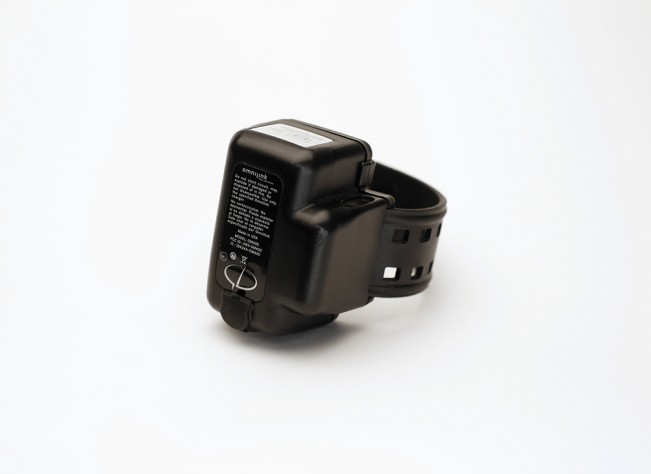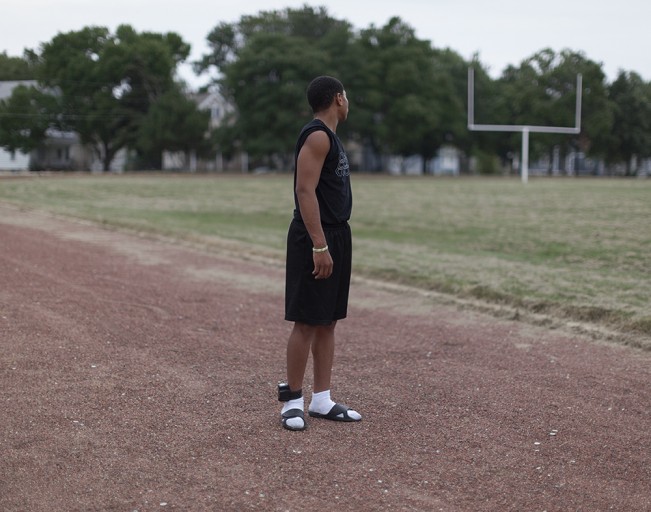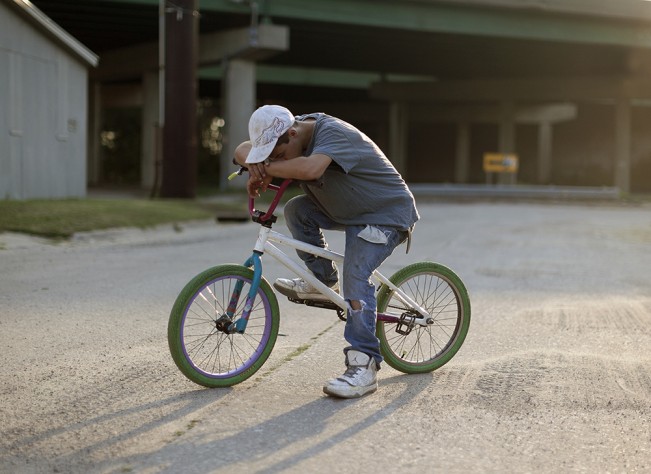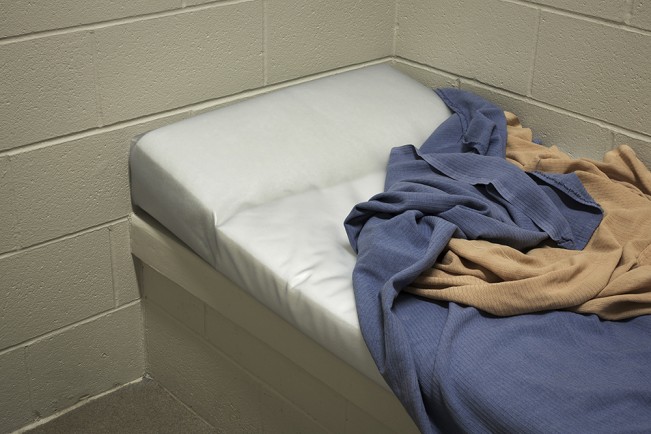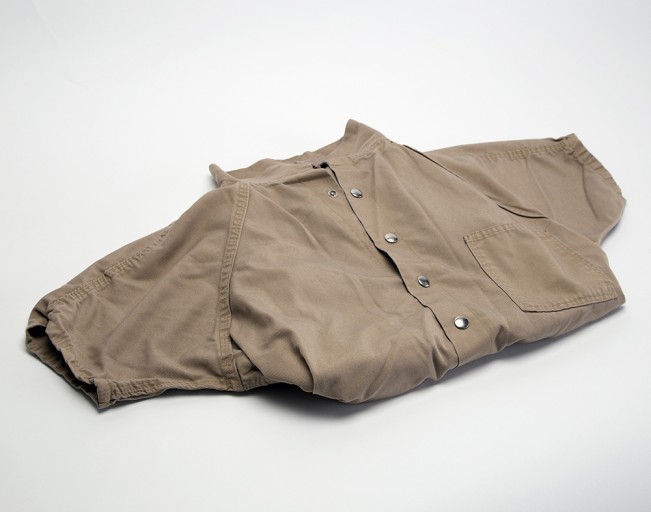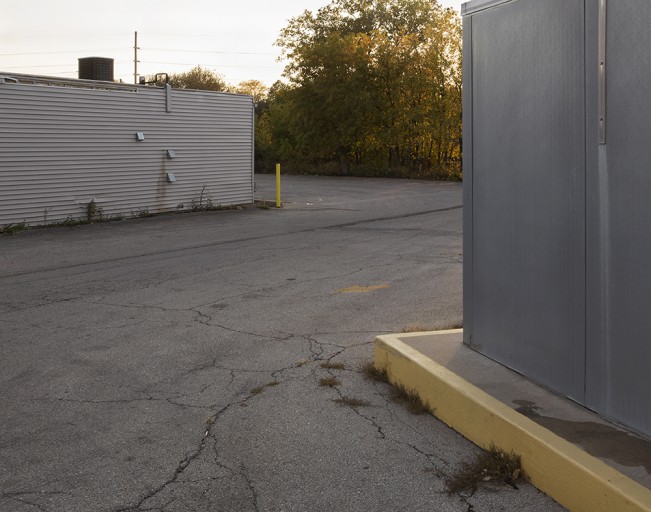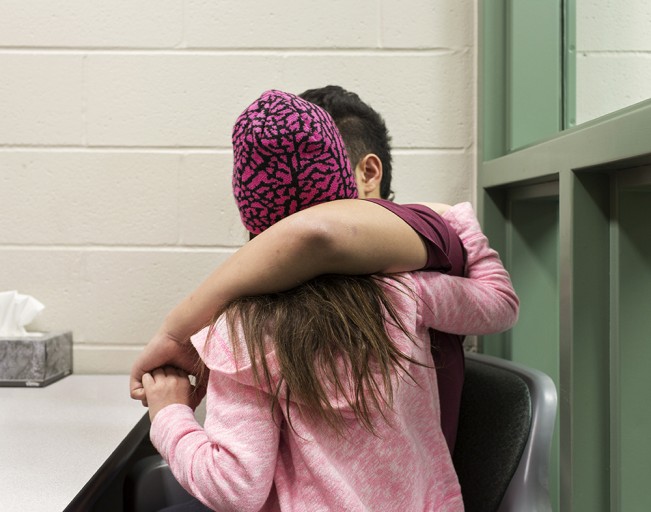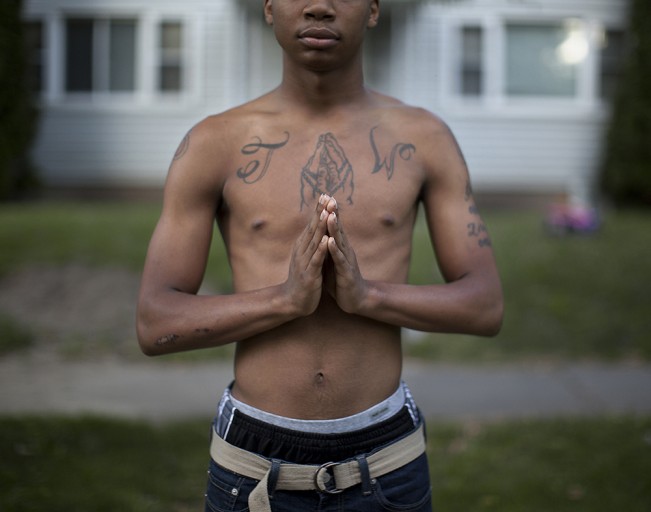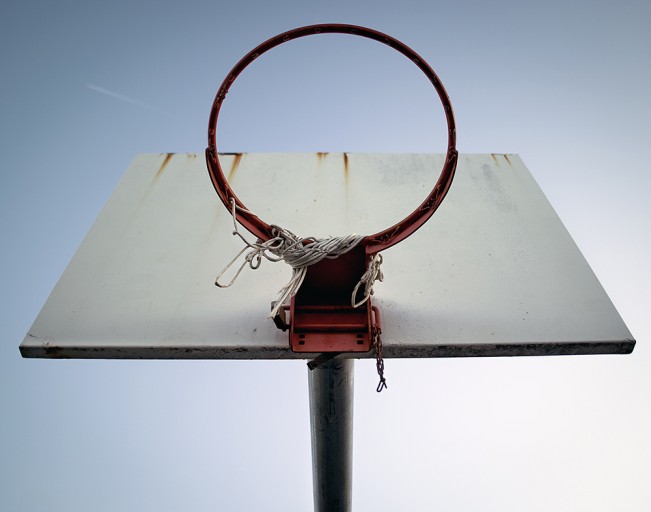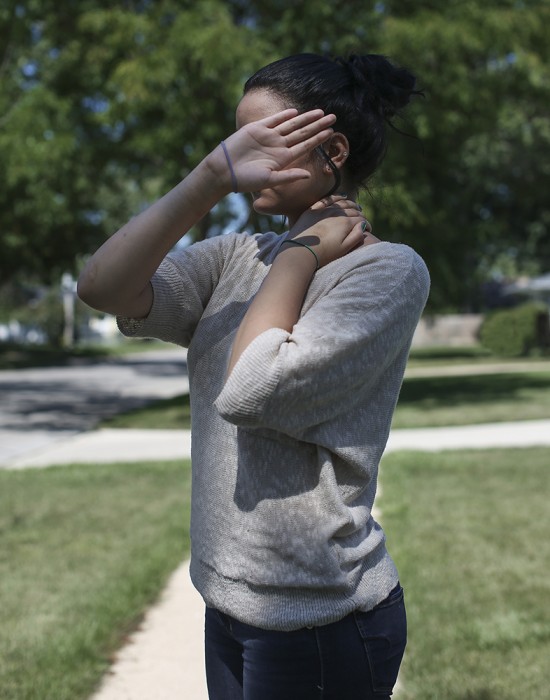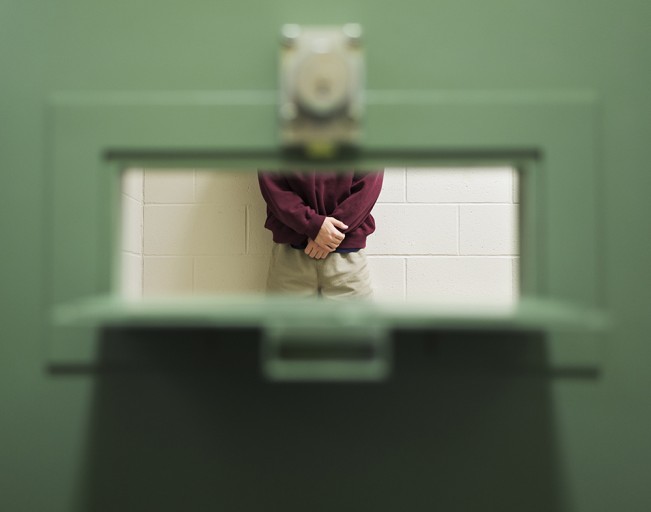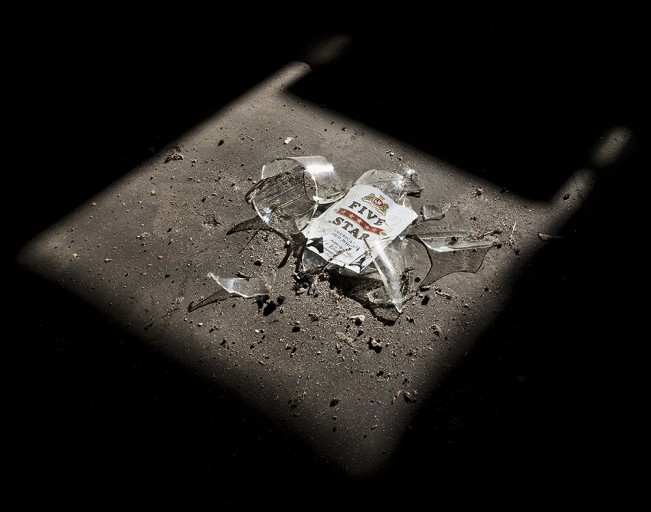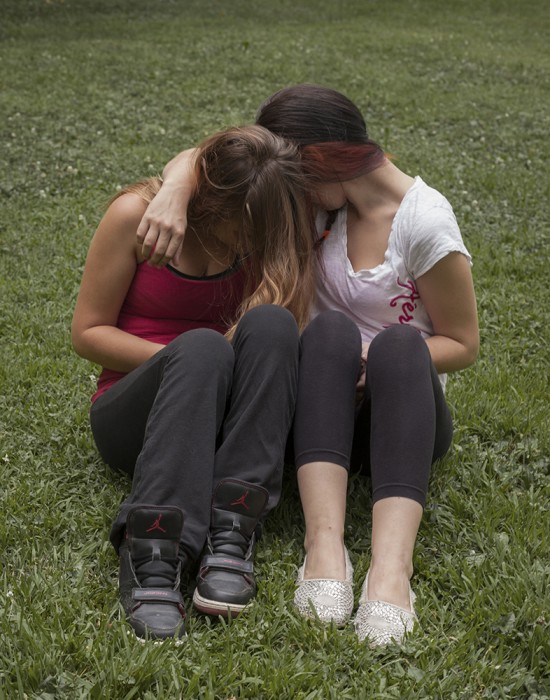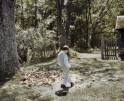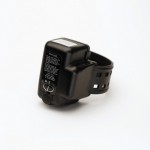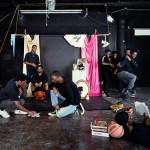Zora Murff: 2015 Lenscratch Student Prize Honorable Mention
Having worked in the juvenile rehabilitation system, Zora J Murff brings a personal connection and background knowledge into his work. His photographs are diverse in subject matter, and they give the viewer a glimpse at not only the kids, but also the institutions and objects used by them. These images speak to privacy and identity, and their fragility during youth development.
Murff, a photography student at the University of Iowa, who has an educational and professional background in human services, focuses on the experiences of youths involved with the juvenile criminal justice system. His work has been featured on Wired Magazine’s Raw File and Fraction Magazine and has been exhibited in the Midwest, New York, Colorado, and Oregon. A portfolio of work from his series Corrections is a part of the Midwest Photographers Project, a print collection at the Museum of Contemporary Photography in Chicago. Murff currently resides and works in Cedar Rapids, Iowa.
Corrections
For the past three years, I have worked as a Tracker for Linn County Juvenile Detention and Diversion Services in Cedar Rapids, Iowa. As a Tracker, I provide services to youths who have been convicted of crimes, adjudicated, and subsequently ordered to complete probation. Juveniles in my charge are asked to comply with services that may include: electronic monitoring, therapies, drug screening, and community service; it is my responsibility to have continual contact with them to ensure these expectations are met.
Tracking and other similar community-based services are beginning to be utilized as an alternative to detention facilities. These services, which allow juveniles to stay in their homes, show a higher rate of success than strict incarceration. Although community-based services are built to foster a collaborative relationship between juveniles and service providers, attaining the actualization of teamwork becomes problematic when juveniles feel that they have done nothing wrong, are victims of circumstance, or do not fully understand why they have committed a crime. The system has been put in place to provide rehabilitation, but it is far from being a straightforward process. Many influences outside of the youths’ control such as education, socioeconomic status, and race all play a role in whether or not a youth reoffends – all of these factors having the propensity to lead them to extended periods of incarceration in the juvenile system or to involvement with the criminal justice system as an adult.
By reconsidering the role that I play in the lives of the kids I work with, I began to acknowledge the burden that comes with tasking young men and women with continued complicity. My stance as a consequence keeps our relationships in a state of flux ranging from stable to tenuous – this constant motion mirroring the discord that develops between the system’s intentions and outcomes. Through using ideas of anonymity, voyeurism, and introspection, Corrections is an examination of youth experience in the system and how the concepts of privacy and control may affect their future.
Posts on Lenscratch may not be reproduced without the permission of the Lenscratch staff and the photographer.
Recommended
-
Elise Kirk: 2015 Lenscratch Student Prize Honorable MentionJuly 5th, 2015
-
Zora Murff: 2015 Lenscratch Student Prize Honorable MentionJuly 4th, 2015
-
Ke Peng: 2015 LENSCRATCH Student Prize Honorable MentionJuly 3rd, 2015
-
Hannah Cooper McCauley: 2015 LENSCRATCH Student Prize Honorable MentionJuly 2nd, 2015
-
Aaron Canipe: 2015 Lenscratch Student Prize 2nd Place WinnerJune 30th, 2015

